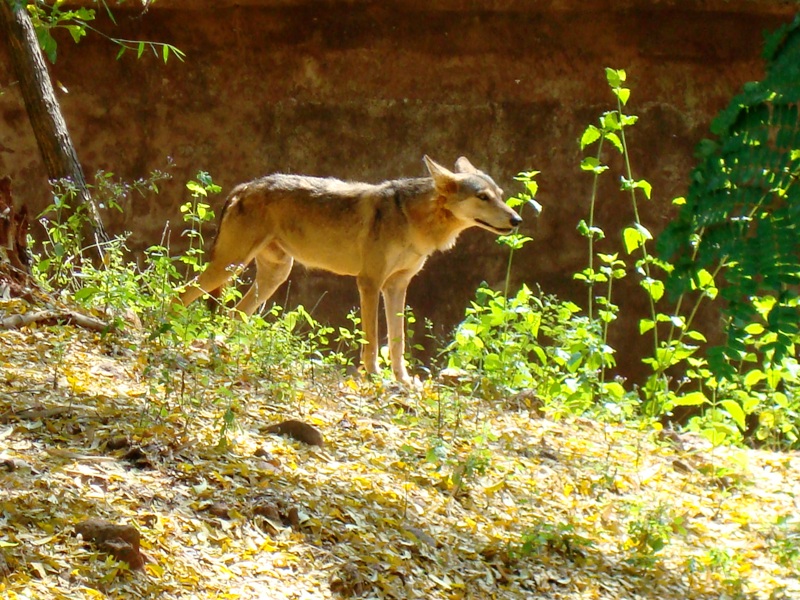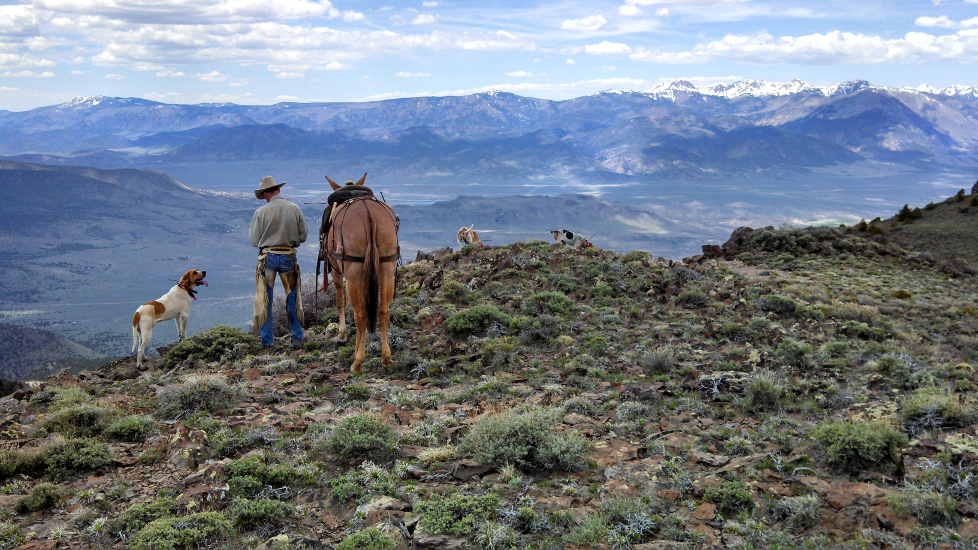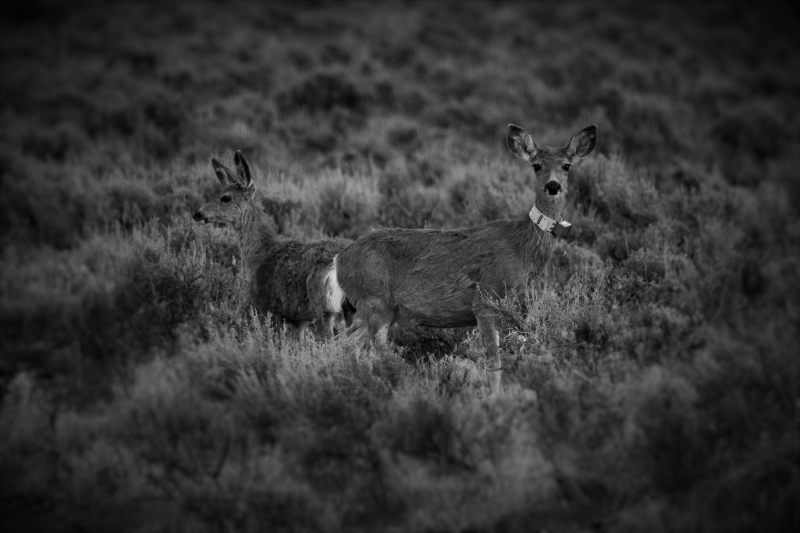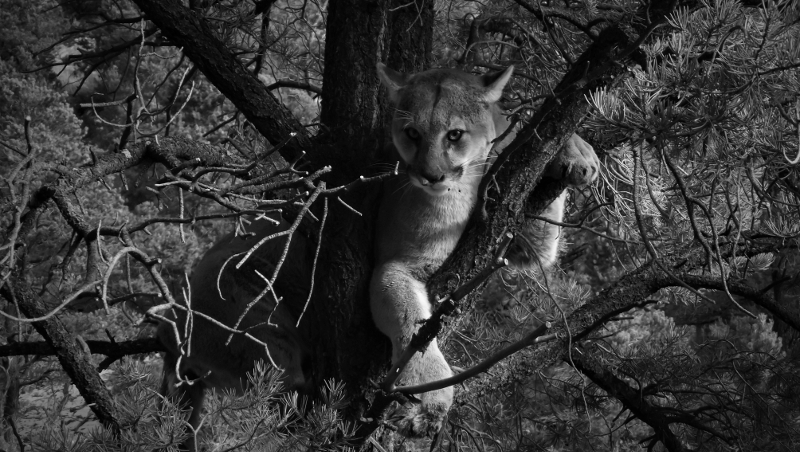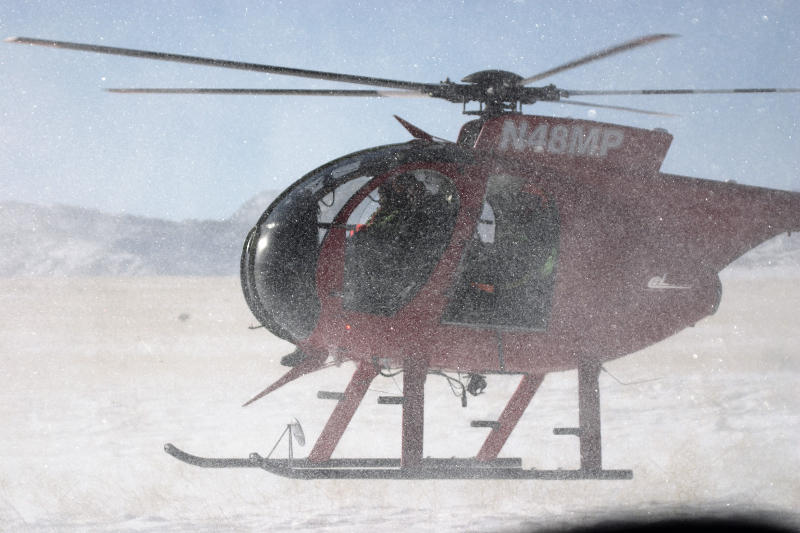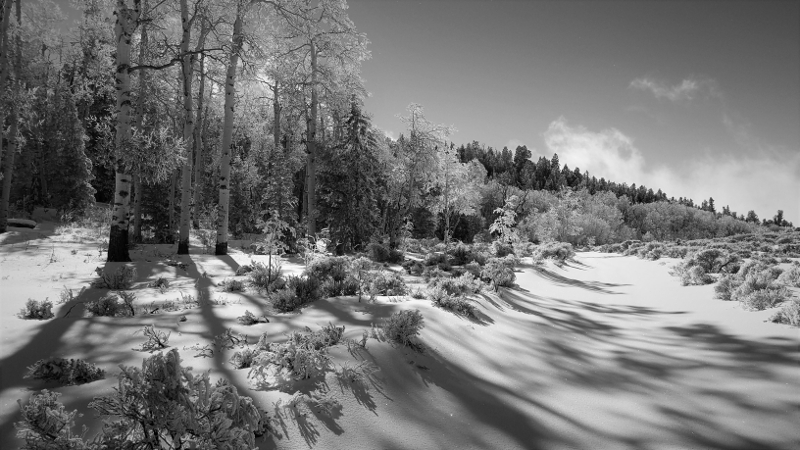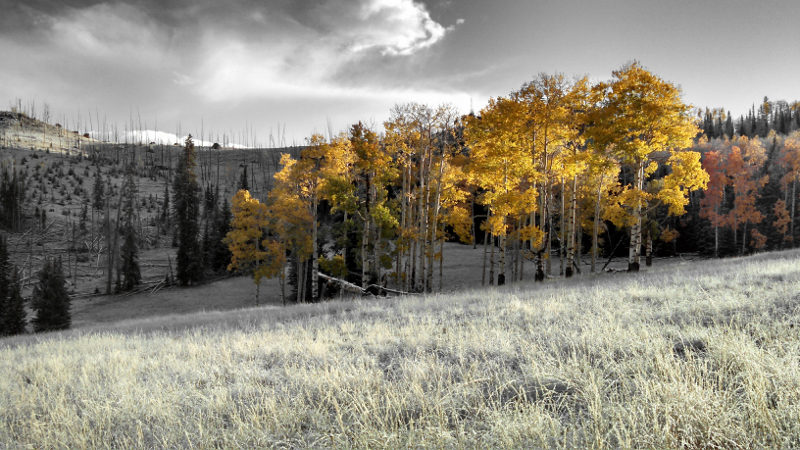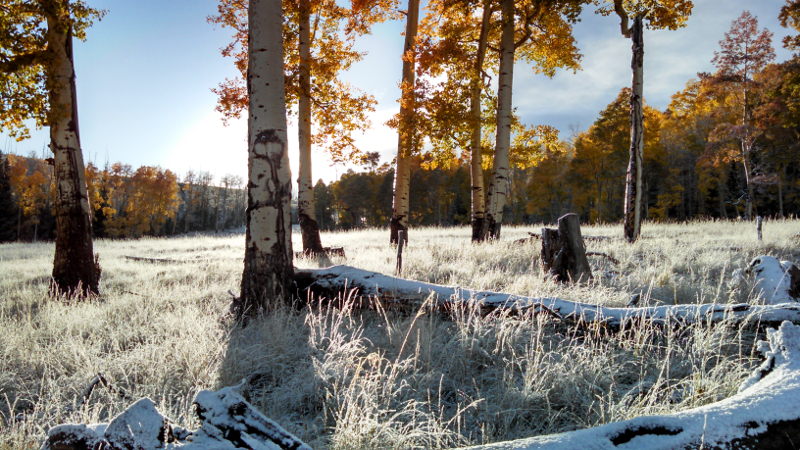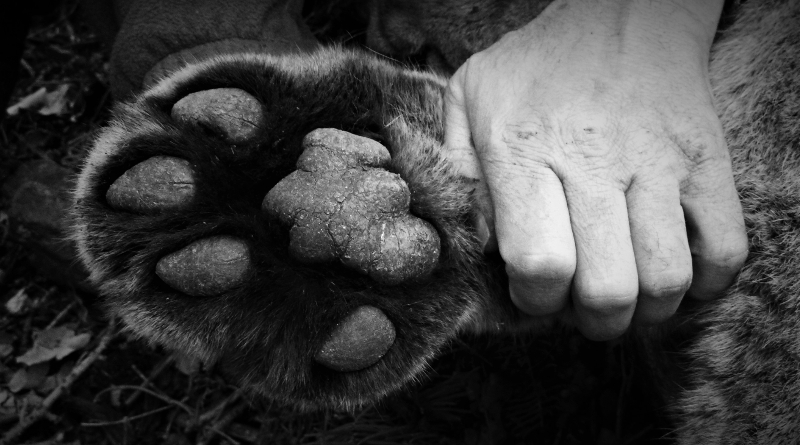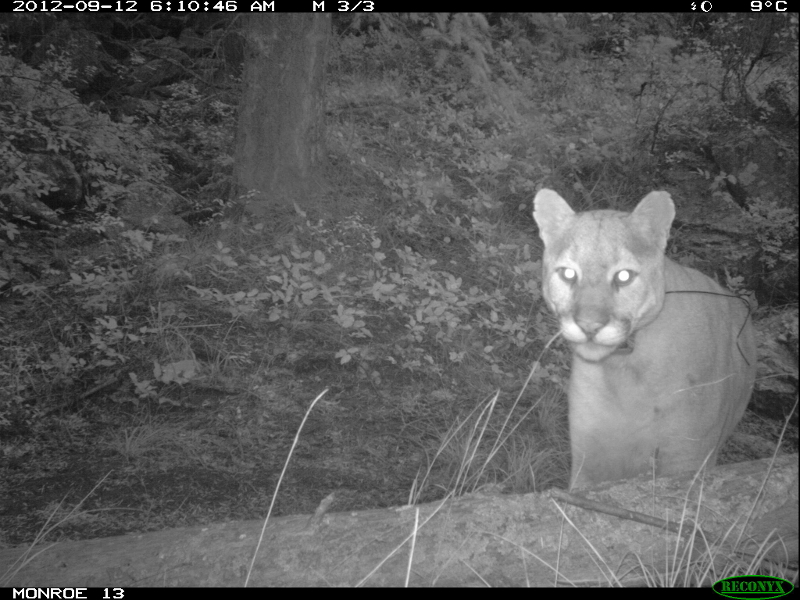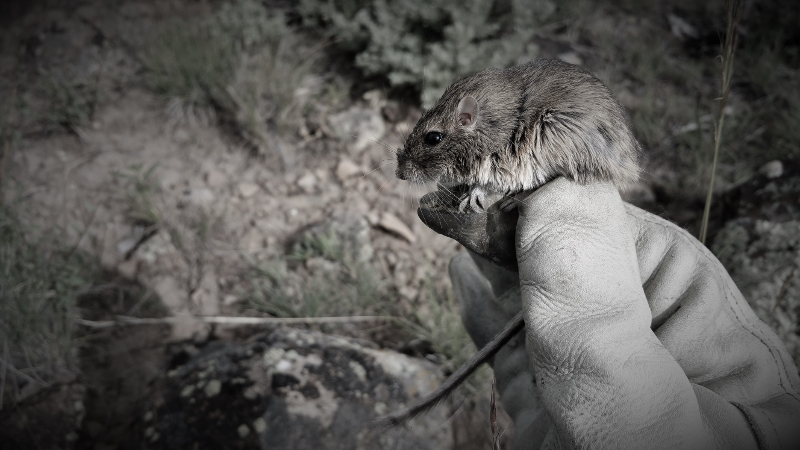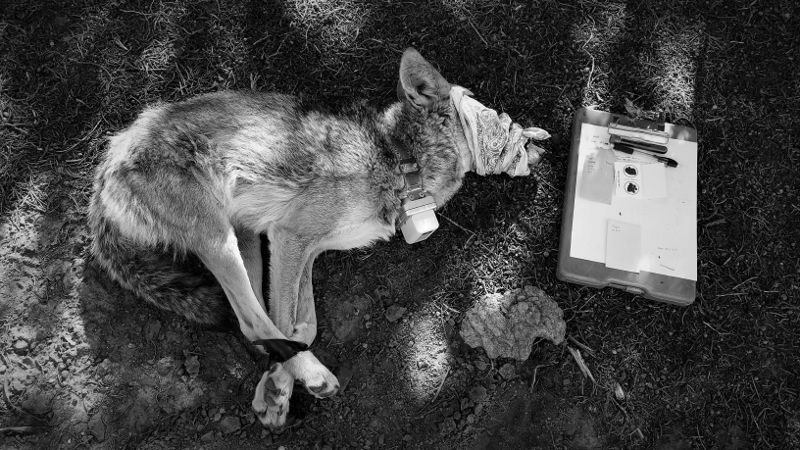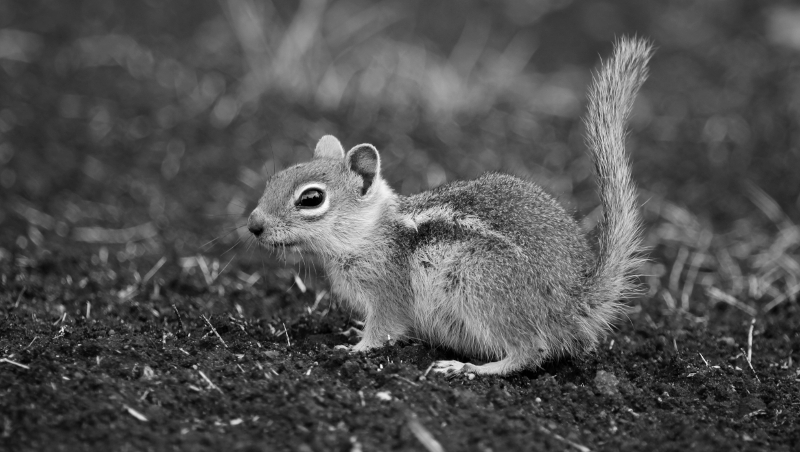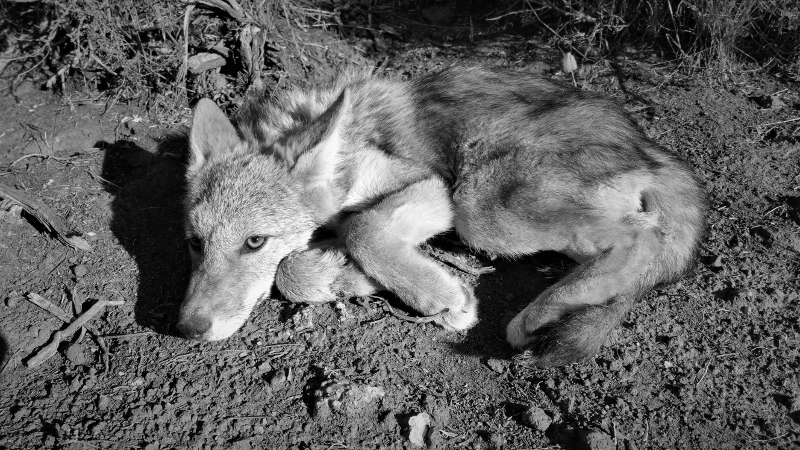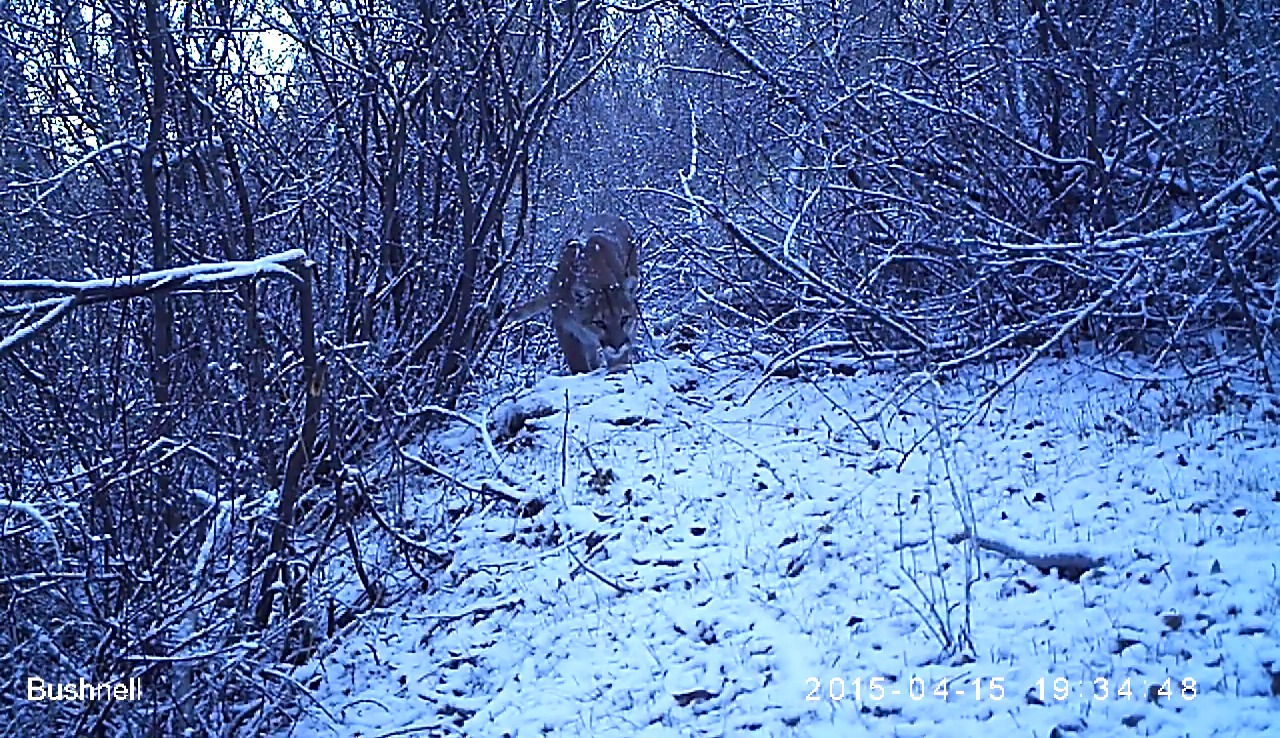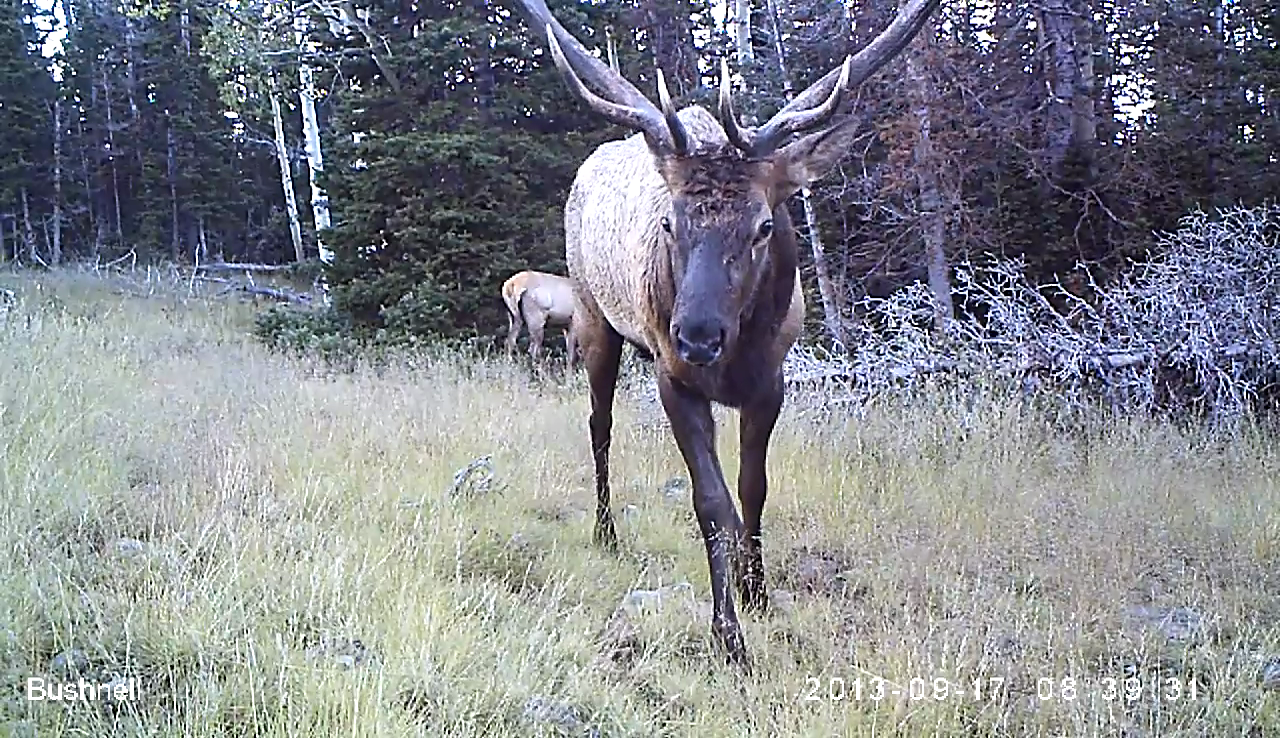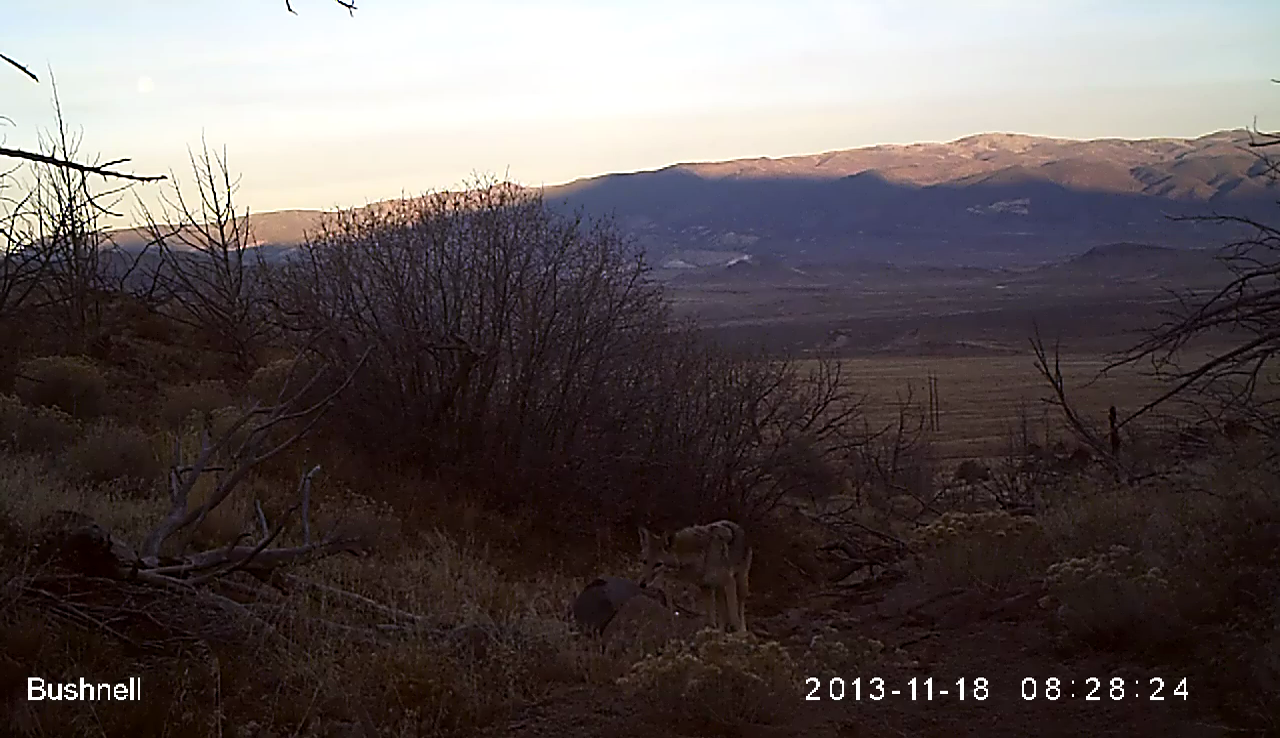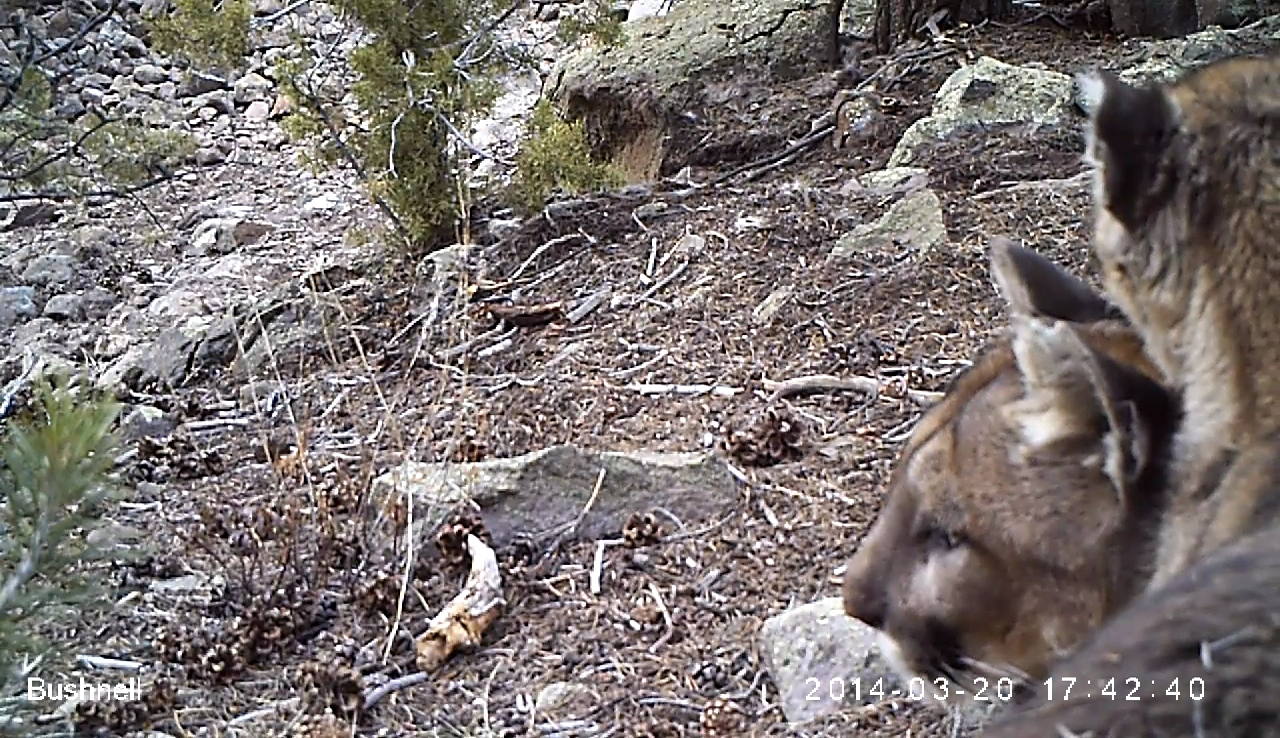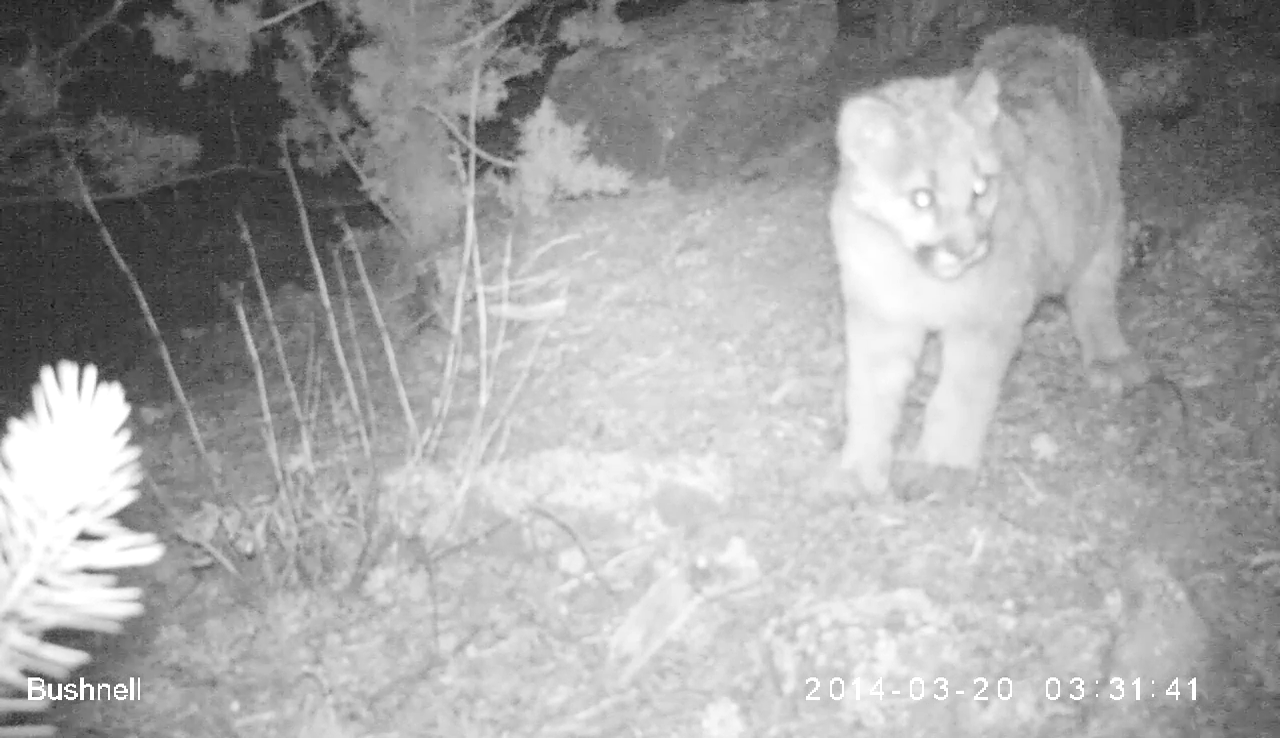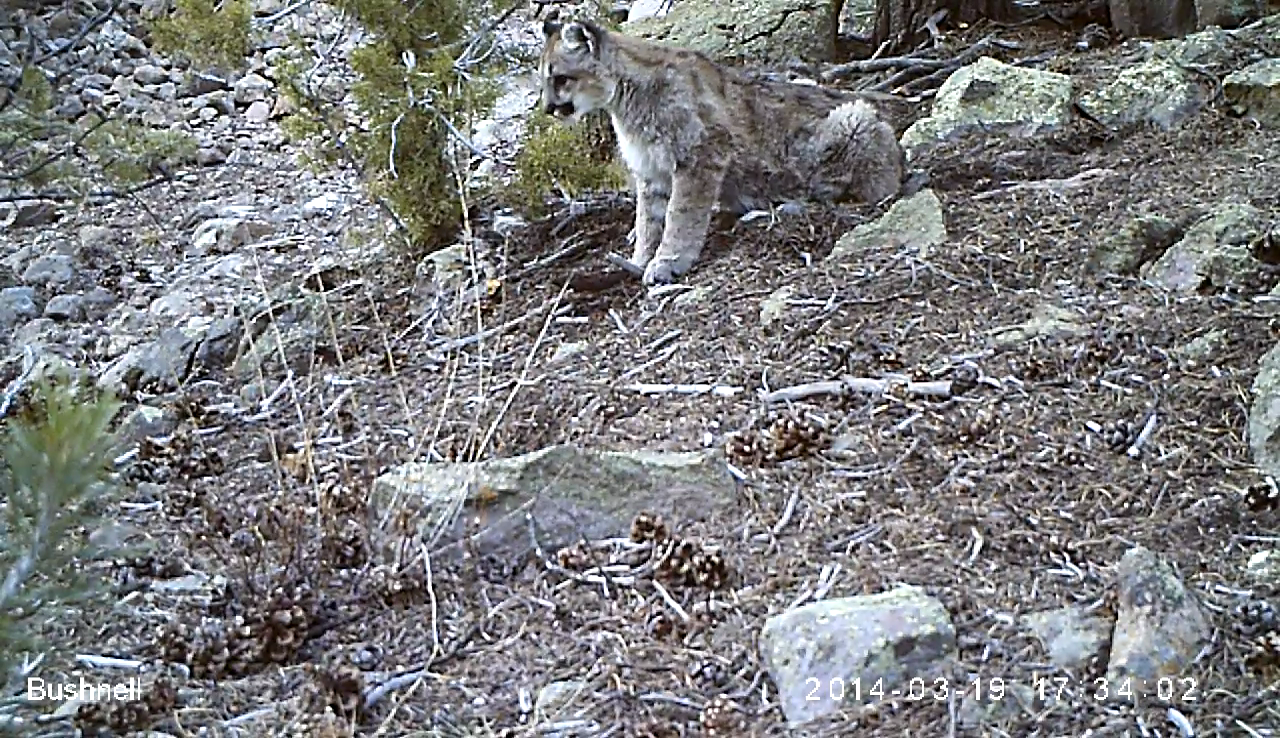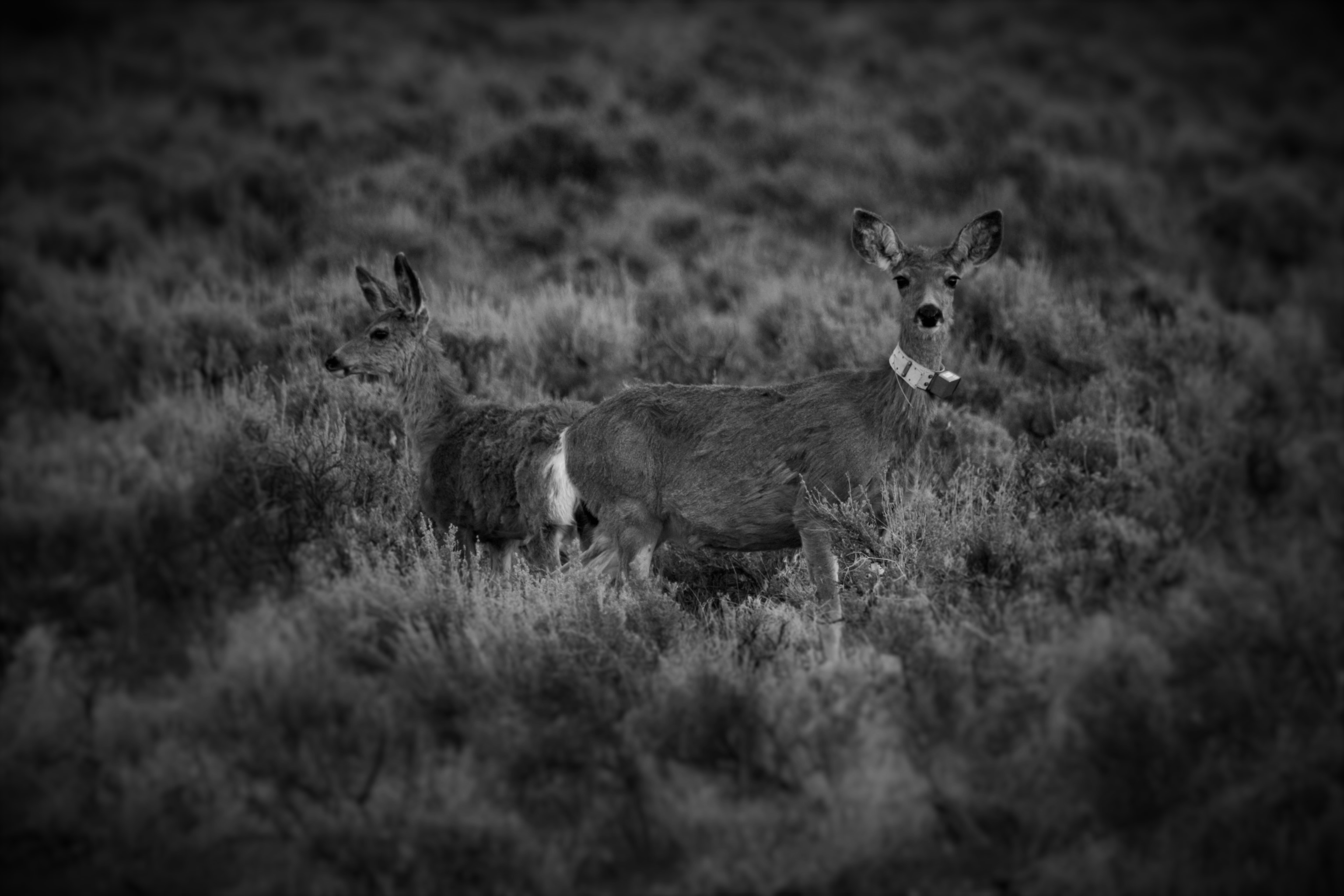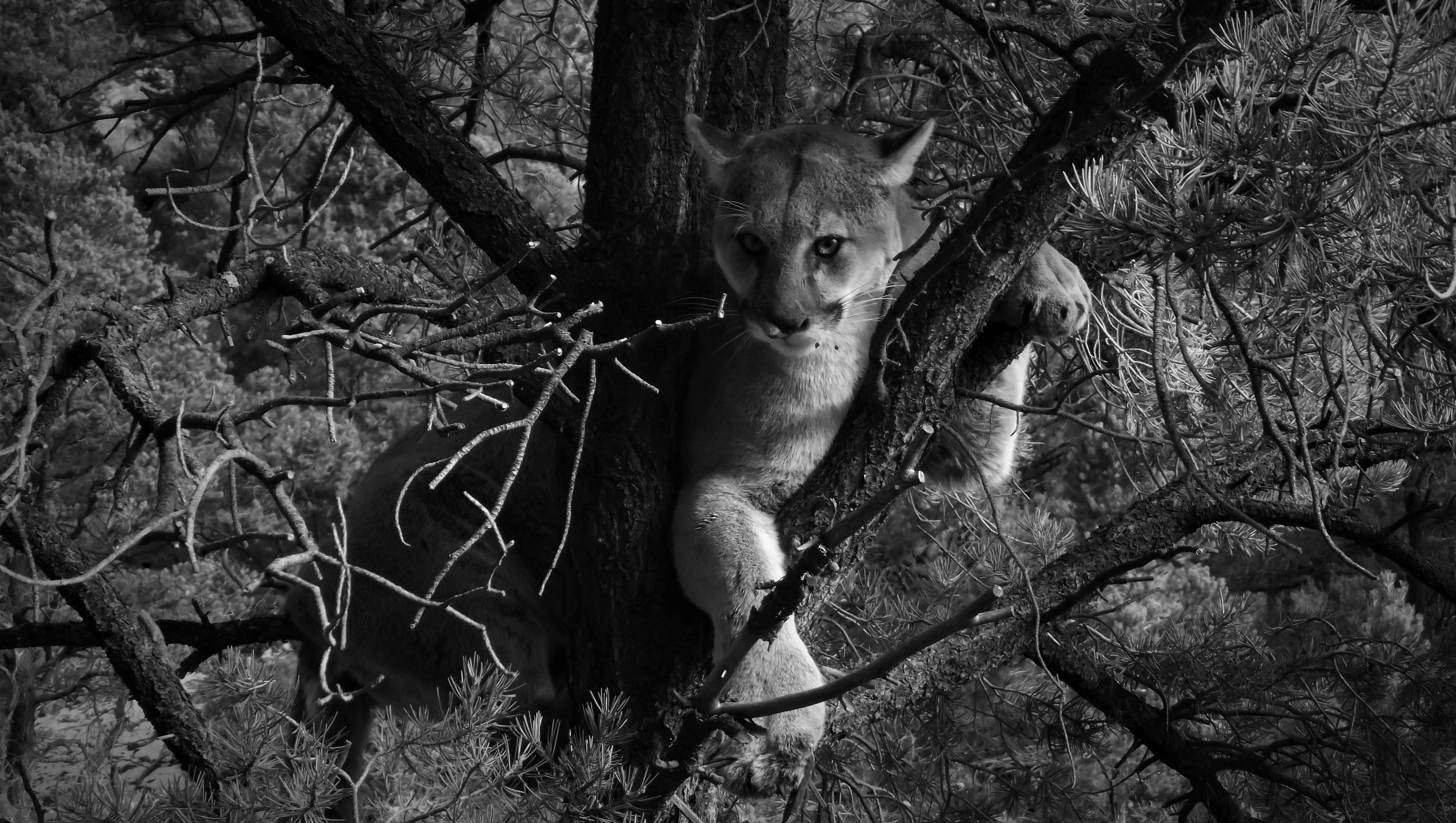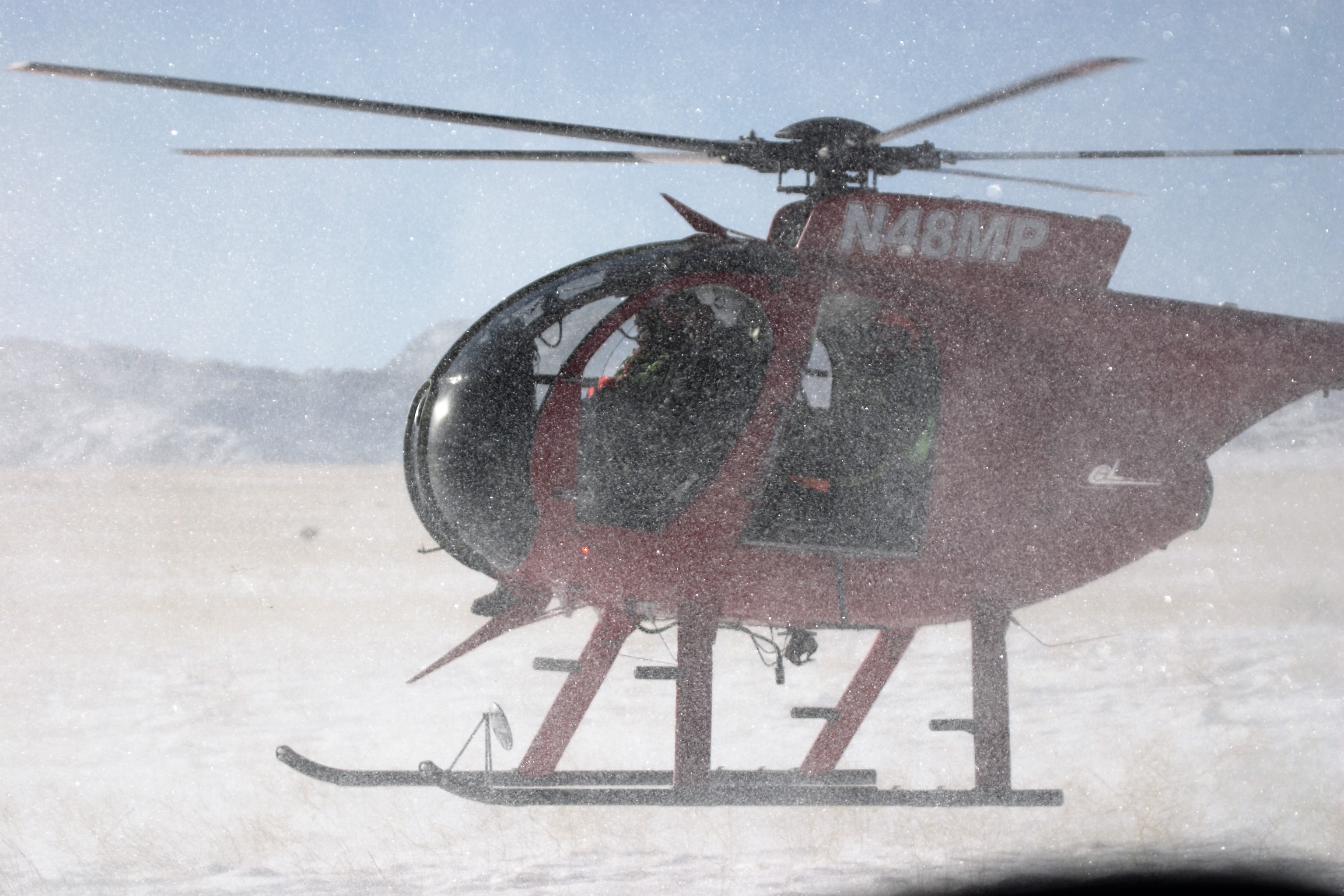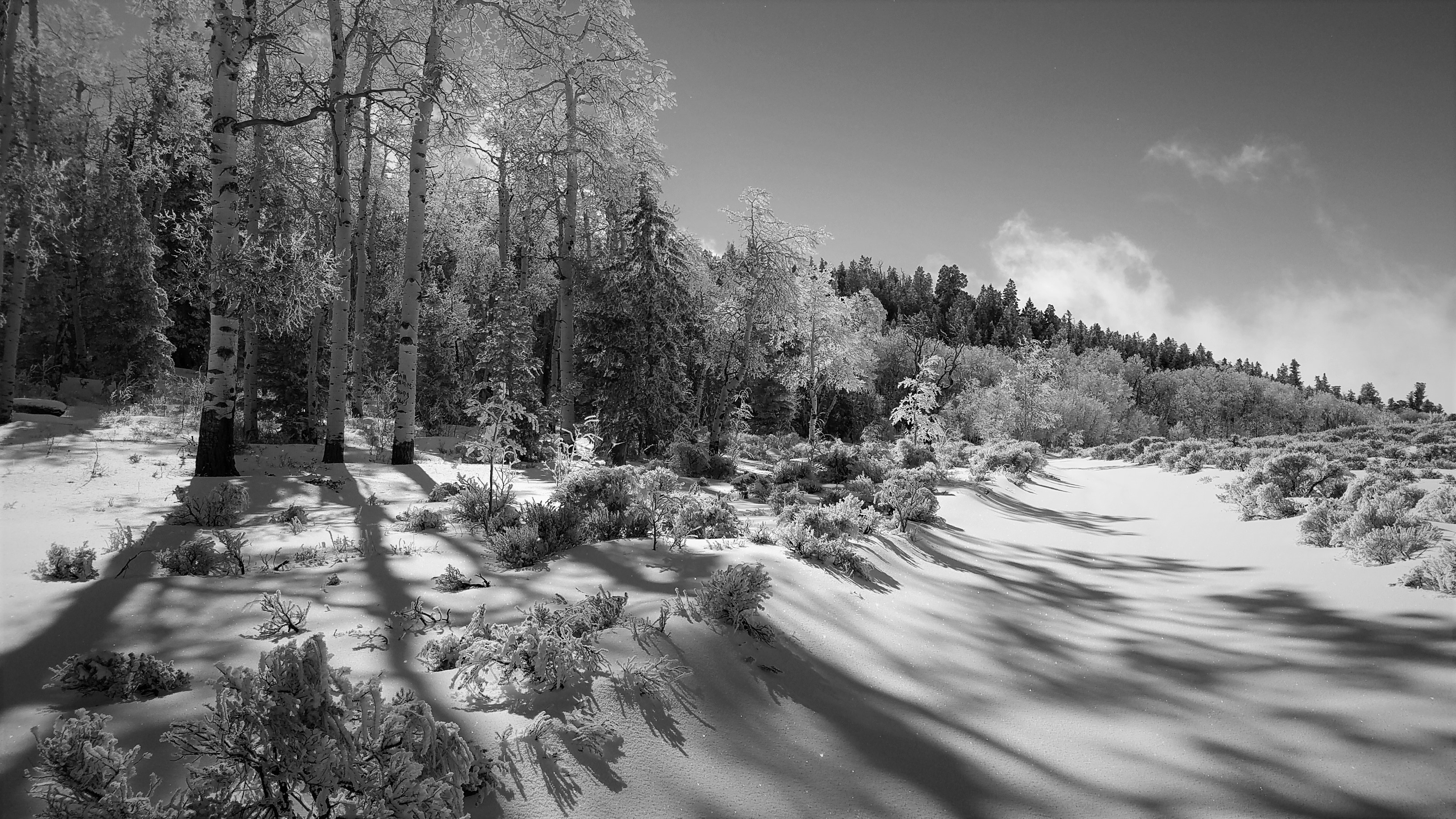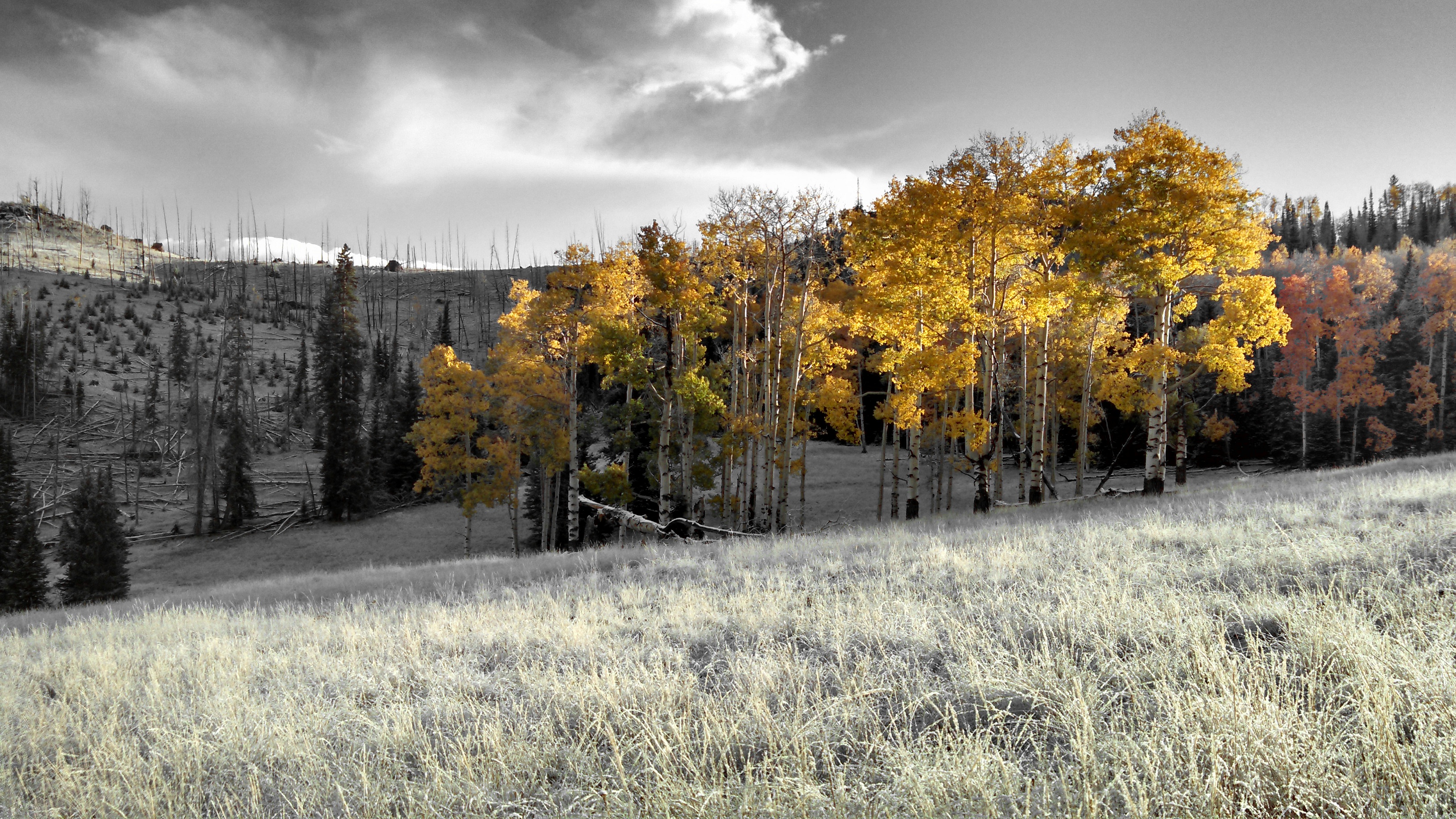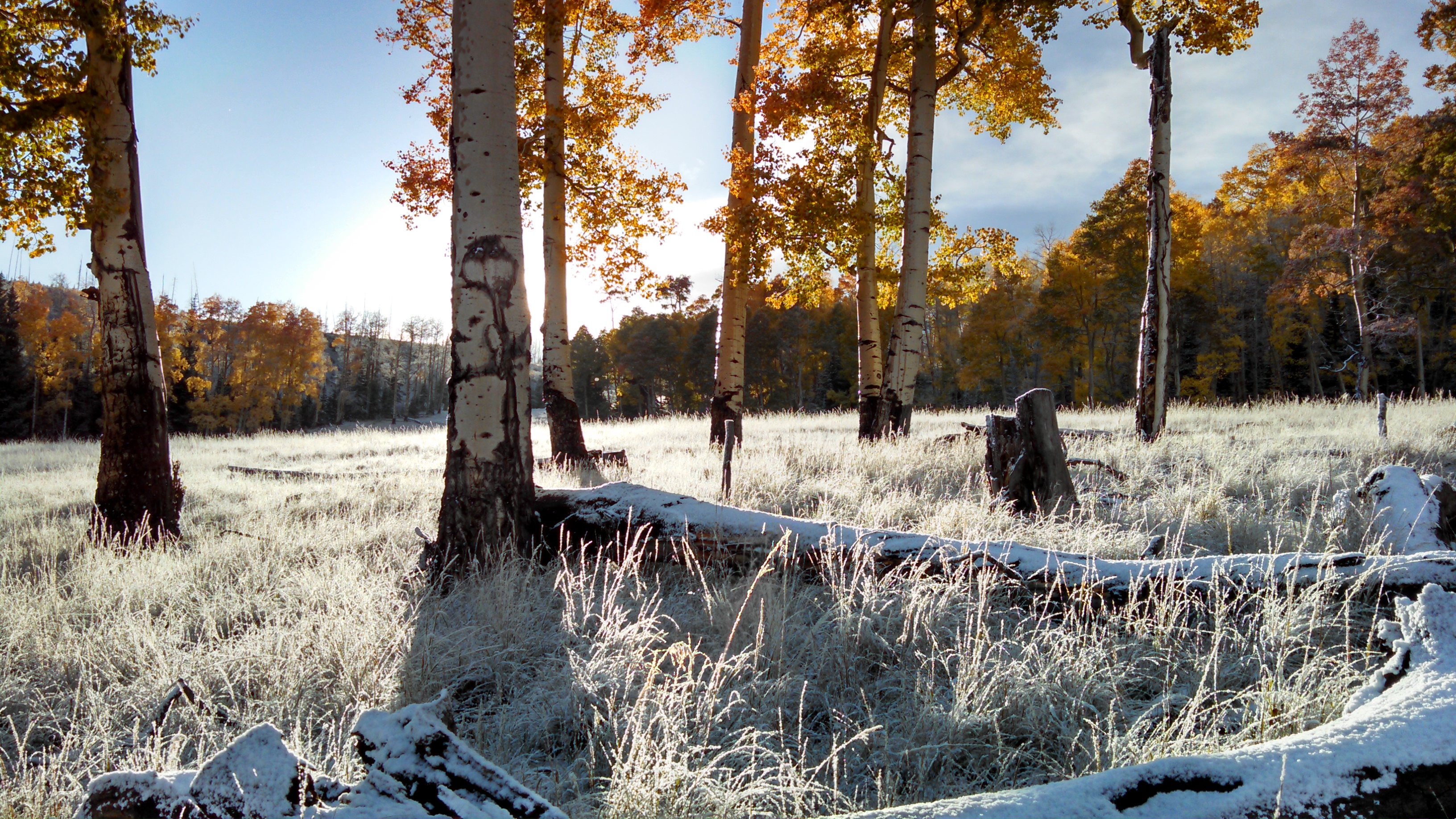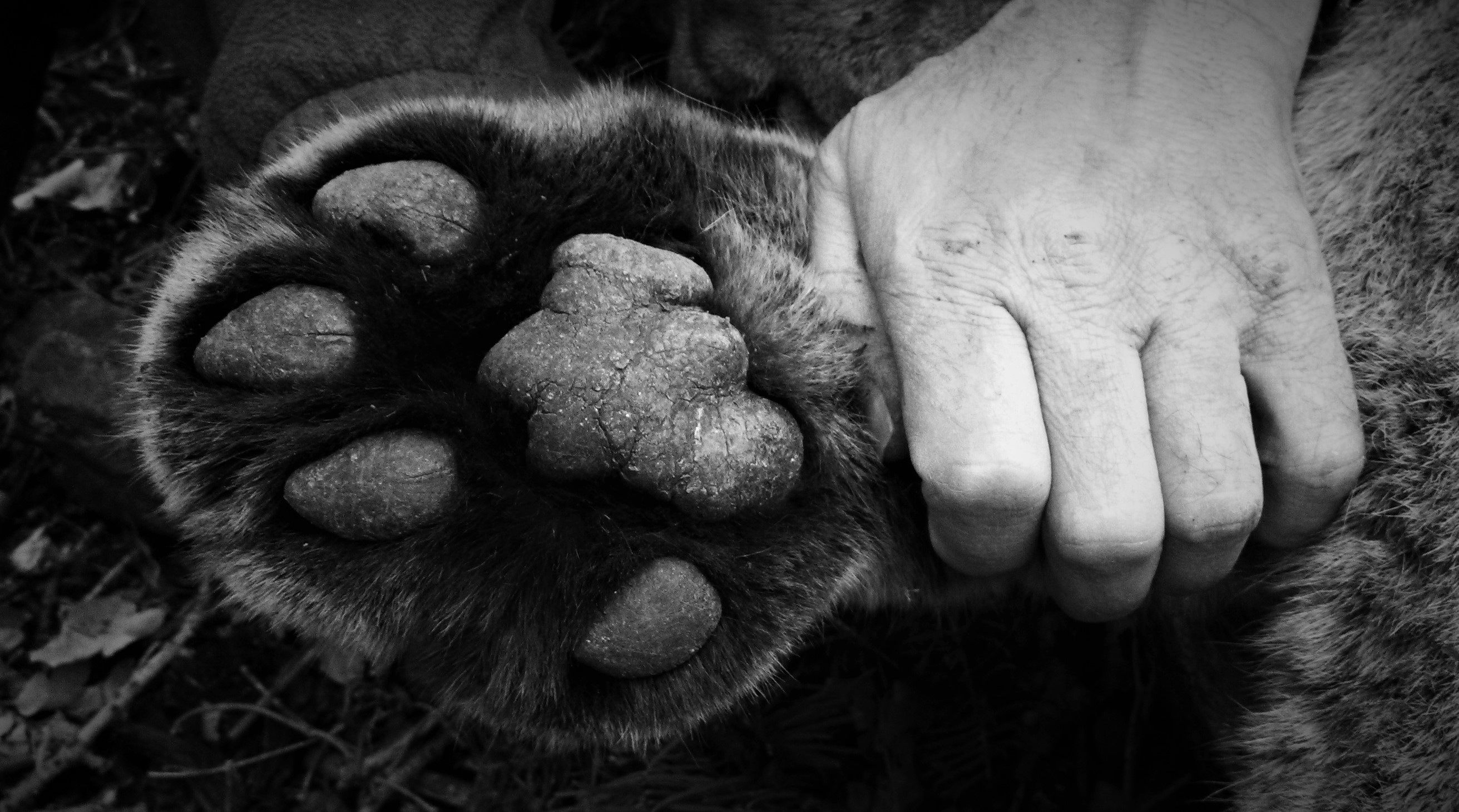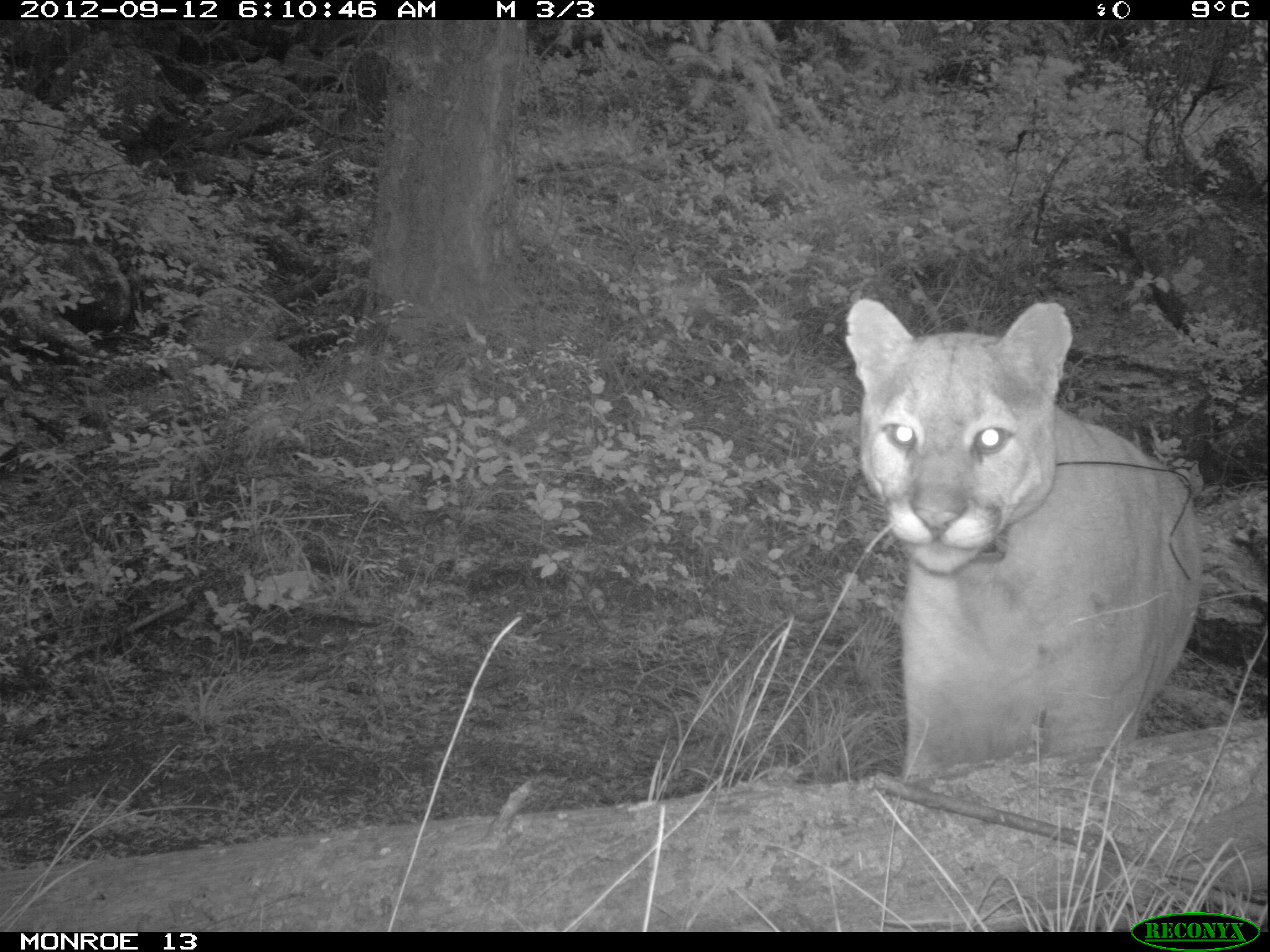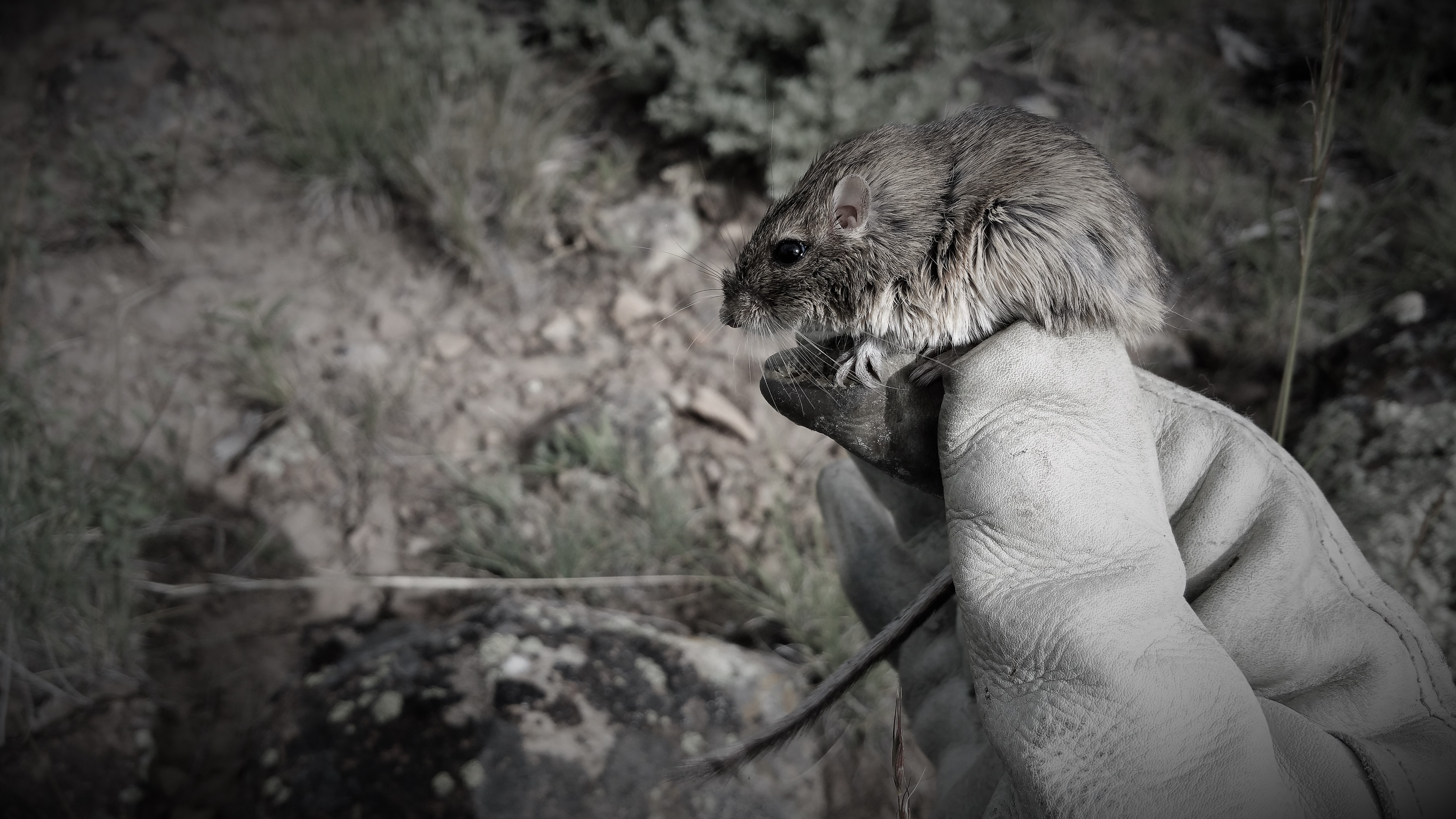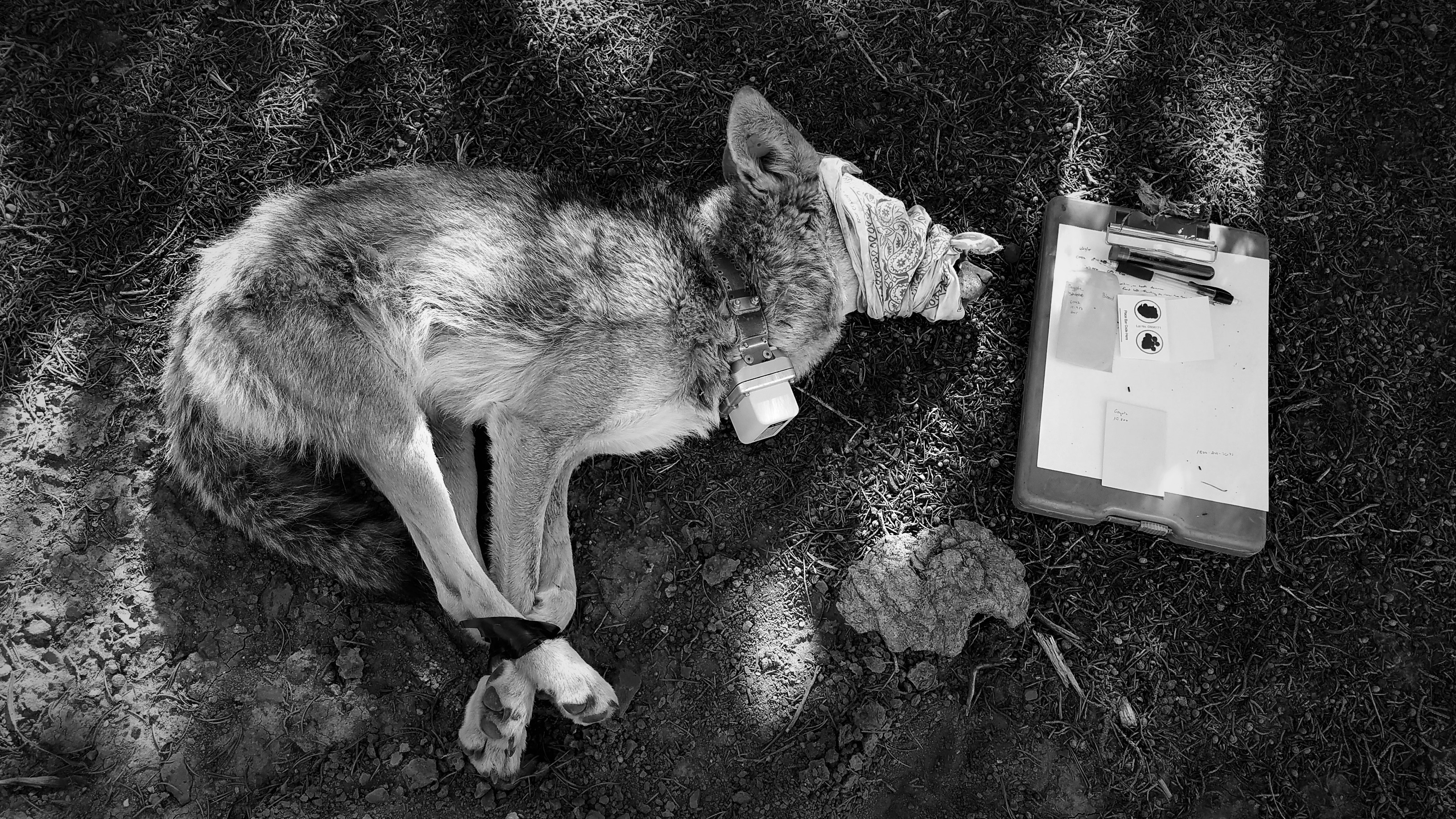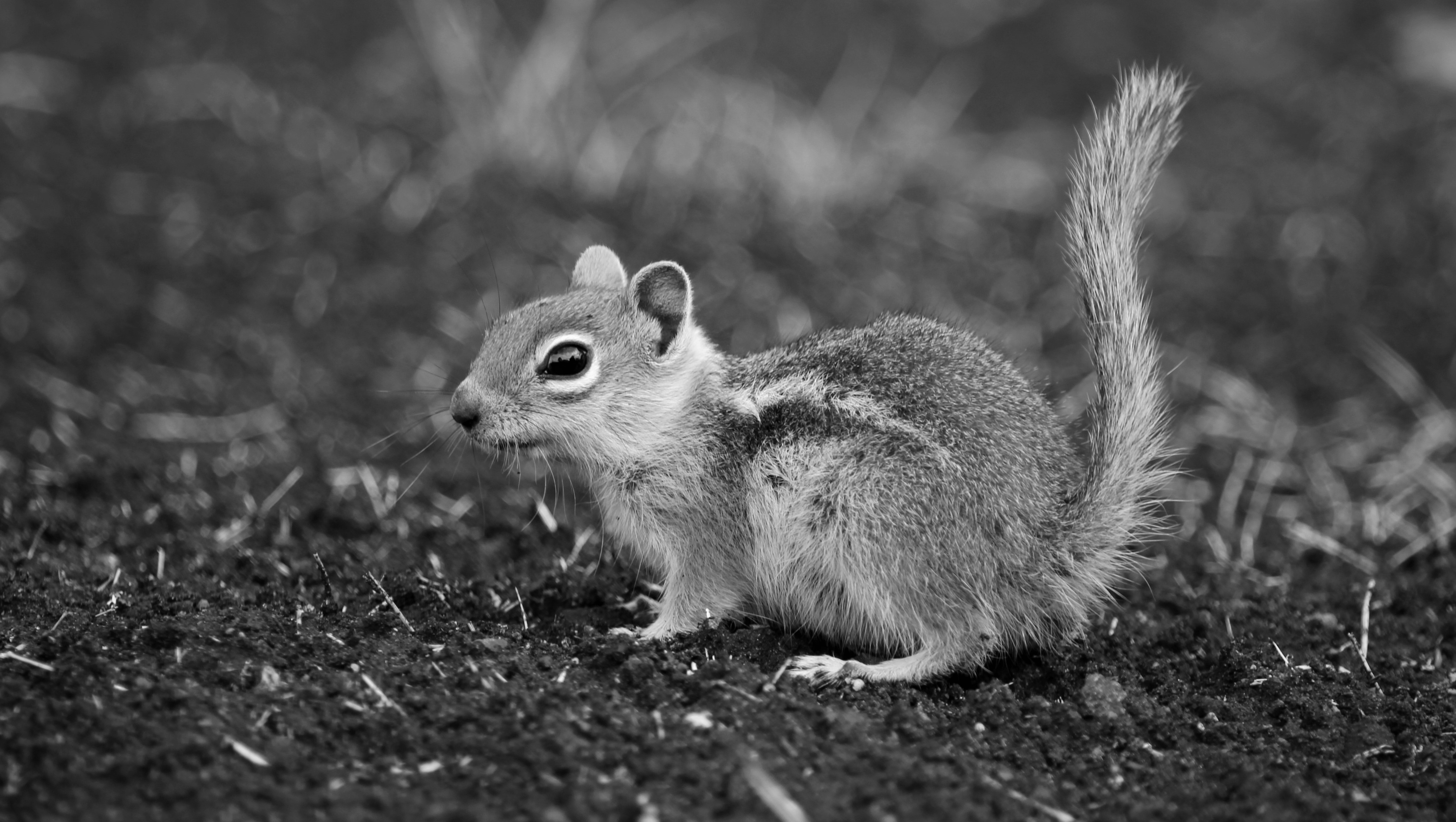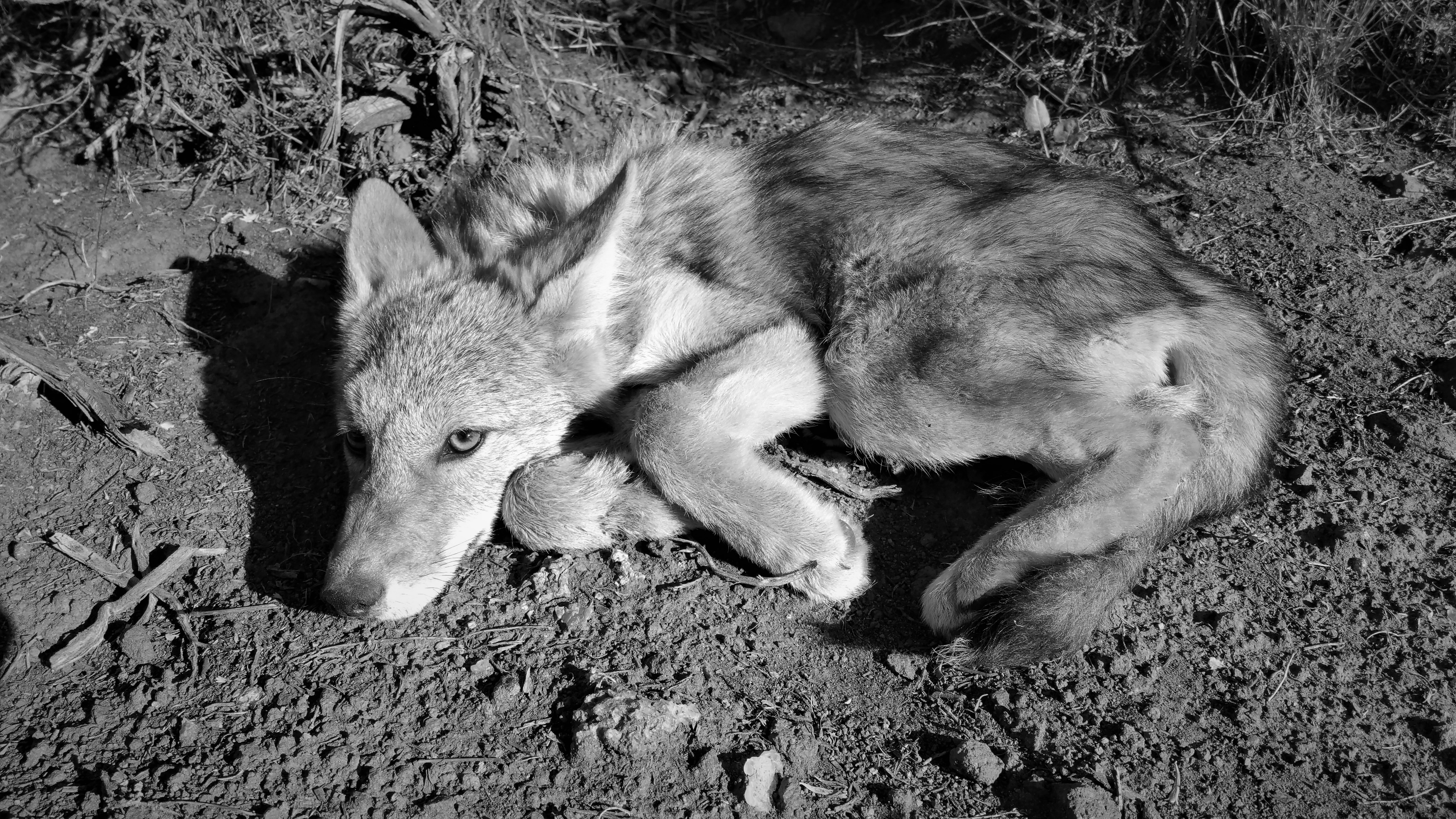My take on the field of Ecology
In the field of ecology, we are confronted with increasingly complex questions that necessitate a nuanced understanding of theory, practical experience with study design and implementation, and a detailed knowledge of current statistical modeling frameworks. In order to tackle big questions, we often must foster collaboration among experts from varied specialties or manage data from disparate sources. Unfortunately, the expanding gap between specialities can lead to a breakdown in efficiency and quality of research.
Thus, I have tailored my career toward operating at the interface between field operations and quantitative ecology in an effort to promote more efficient dialog among operations staff and ecological statiticians. In so doing, I bring a skill-set unique to the field of ecology and can readily balance the need for statistical rigour with an indepth understanding of logistical constraints from the field.
I have extensive experience in a variety of analytical frameworks, including frequentist and Bayesian approaches to data analysis. Though varied, my interests can be broadly defined by movement and spatial ecology, with a particular enthusiam for establishing the link between behavior and demography.
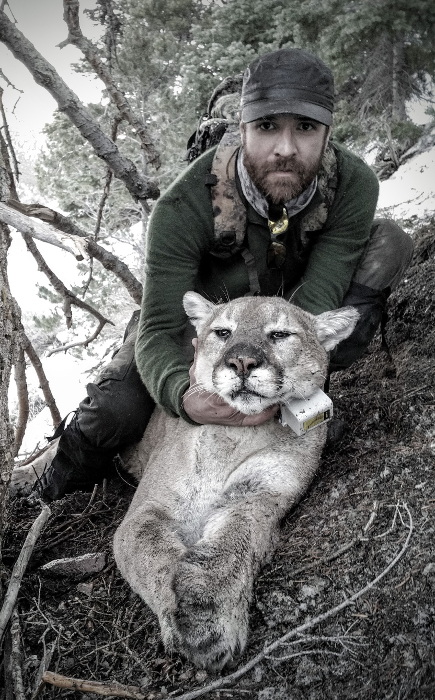

High proficiency in:
- Movement models (e.g., SSF, correlated random walk, hidden Markov models)
- Demographic models (e.g., CJS, known-fate survival, PVA)
- Agent-based models
- Resource selection models (e.g., RSF/RSPF, SSF, occupancy)
- Capture-mark-recapture models (including spatial CMR)
- Generalized linear mixed models
- Machine learning
- Phylogenetic models
Please visit my Research Gate profile for more information related to my past (published) research.
Finally, I am an expert in R programming with proficiency in a number of programming languages, including Python and BASH. I also have extensive experience with open-source hardware design and Arduino programming, and can help prototype sensor platforms for in situ data collection.
For coding projects, visit my Github page.
